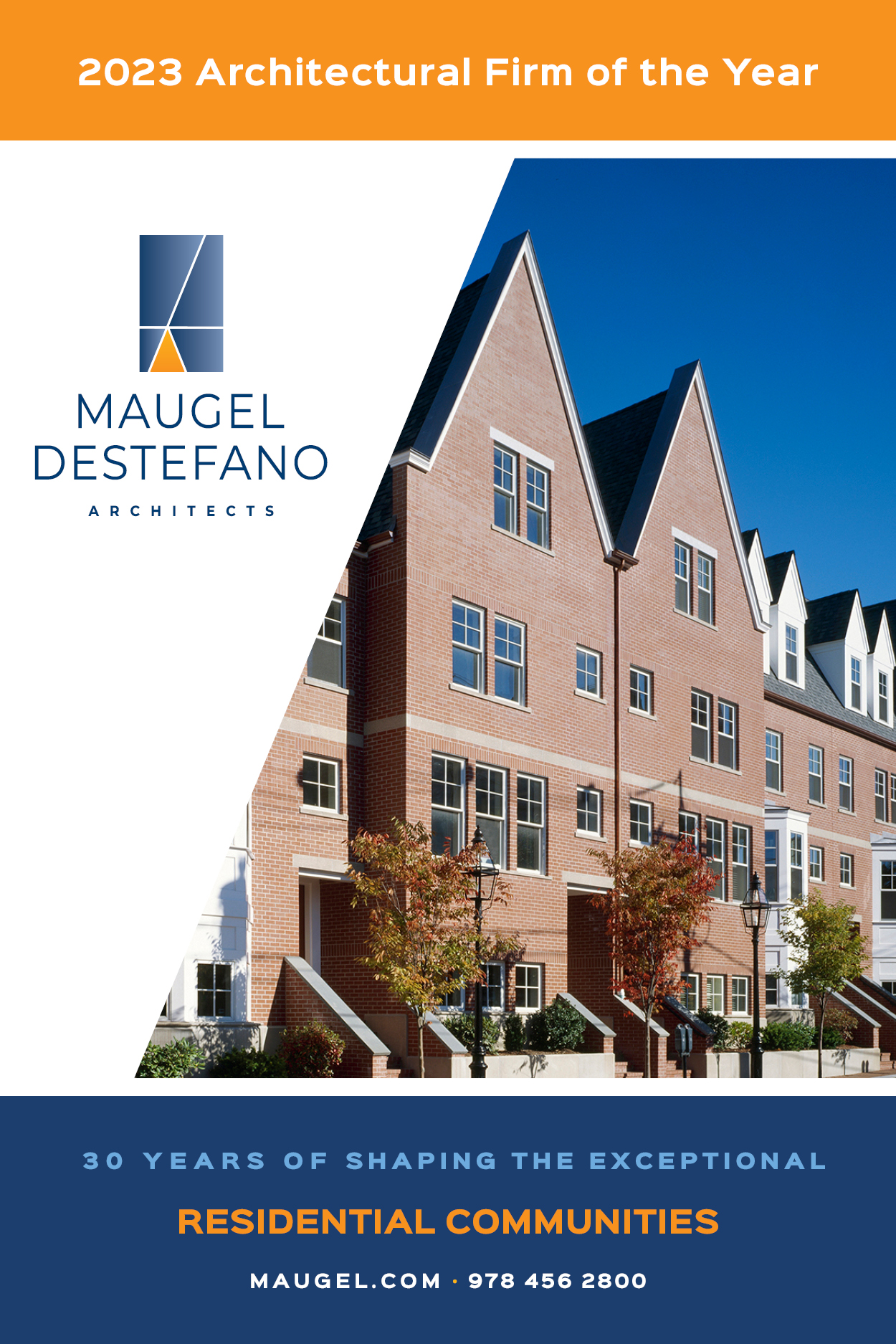BOSTON— Ericka Pasersky, Senior Vice President of Commercial Construction at Groom Construction, will speak about the latest construction trends at the Boston Real Estate Times’ annual Academic Facilities and Student Housing Summit—virtual this year—on March 24, 2021.
With over 20 years in the construction industry, Ms. Pasersky has worked at several academic facilities projects. She has shaped her career to include specialties in architecture, interior design, MEP heavy projects and working in the City of Boston.
As a dynamic project leader she engages early on in the preconstruction phase and stays committed to the job until the final punch list. Ms. Pasersky has a broad wealth of knowledge and is a valued asset for any project.
To register for virtual zoom summit, please click here.
This is what you will learn at the summit:
- Inadequate Campus Capacity: To provide beds that meet social-distancing or quarantine safety standards, schools situated in urban areas have created temporary single bedrooms by renting rooms in nearby empty hotels. But as vaccinations continue, the hospitality industry will experience increased demand, making these rented beds no longer available. On-campus capacity will be inadequate to house all students in what would be ‘the new normal’.
- Returning Student Body: Students that did take virtual classes during quarantine closures will want to return to campus- what type of facilities and real estate will be needed to meet the changing demand?
- The Time to Start Is Now: New student resident halls take between two and three years from planning to occupancy, so the best time for institutions to begin evaluating their decisions and their available alternatives is today.
- Budgetary Constraints: Well-endowed institutions have the financial footing to either pay for or loan against a new residence hall, or to raise the needed amount of funds to support the new infrastructure. But how will schools with less secure financial footing afford it? How will institutions pay for these urgently needed student housing COVID-19 safety changes?
- Accounting for Future Students’ Needs: As the priorities of subsequent generations change, the future of student housing should adjust accordingly: the preferred living arrangements of students include security, equity in ethnic diversity and gender, a balance between private spaces that foster independence and larger spaces that encourage social mixing and bonding, and sustainability in the face of a changing climate.
- Balancing Students’ Needs Against Budgetary Necessity: Administrations have to balance the desired student experience with the very real limitations of budgets and schedules, both of which must be optimized to fit within project constraints.
- Goodbye, Roommates: Necessitated by the COVID-19 crisis, single rooms are becoming the rule. Suites with contained bathrooms and kitchens provide the highest degree of safety from the hazards of group toilets and dining, where social distancing is not always possible.
Here the schedule of the academic real estate summit:
Date: March 24, 2021
Time: 9:30 am to 11:00 am
Venue: Zoom (links will emailed to you after you register.)
To register for virtual zoom summit, please click here.




















